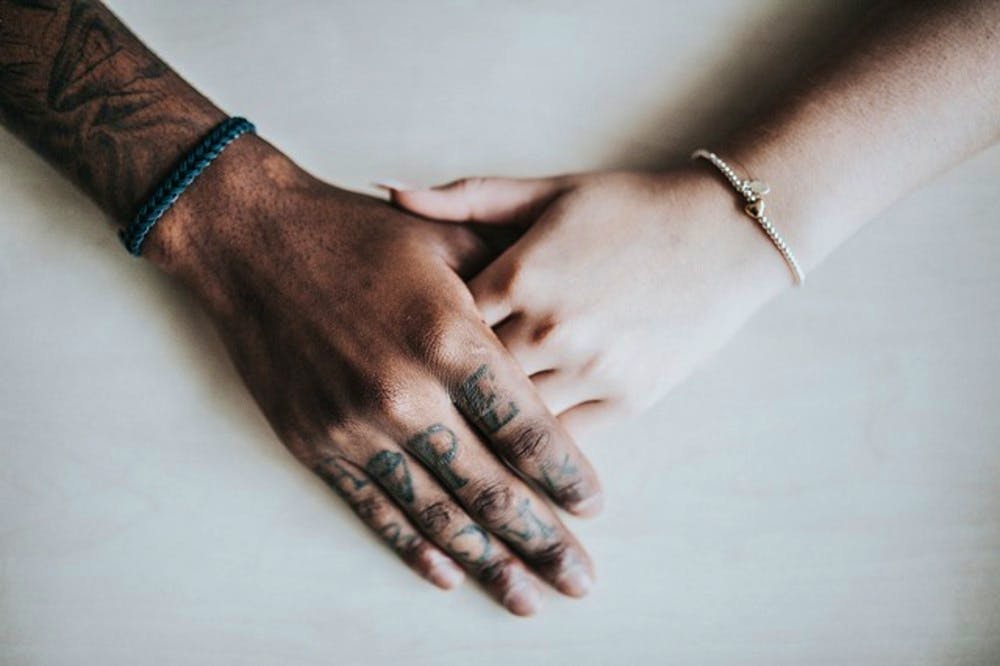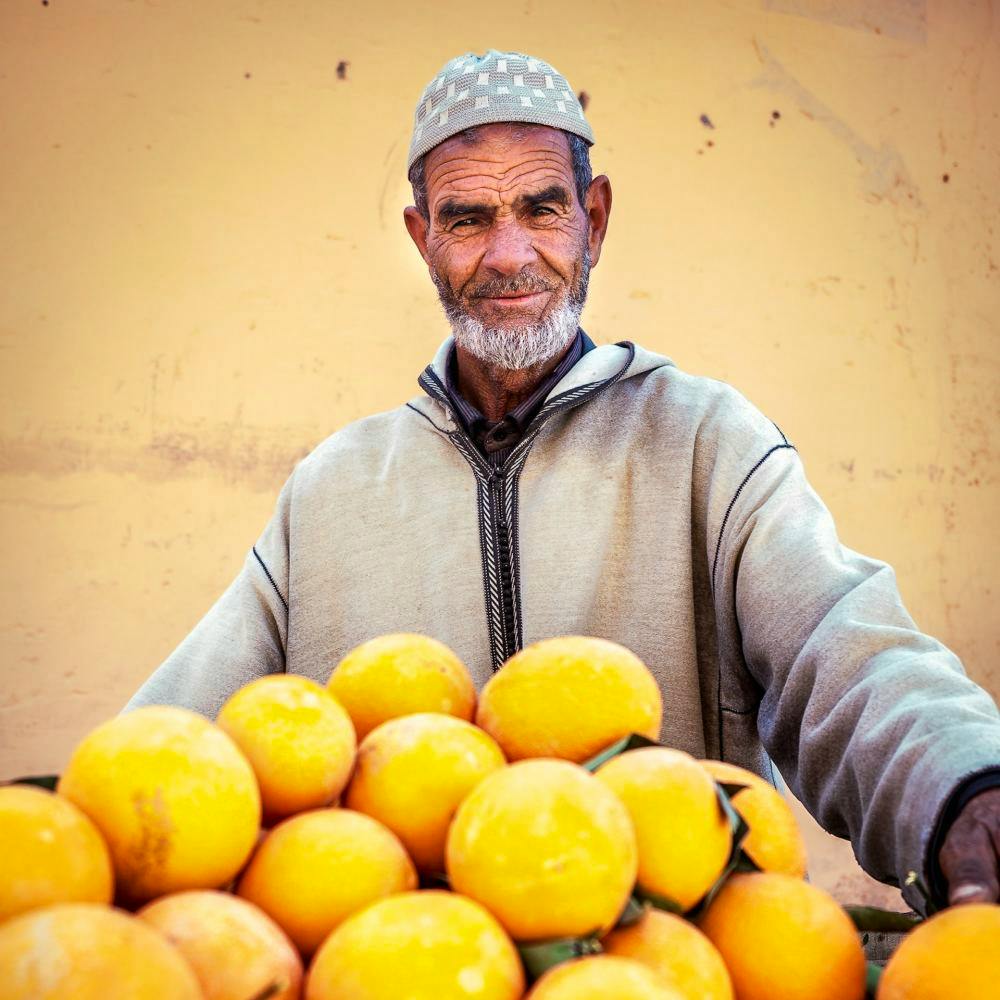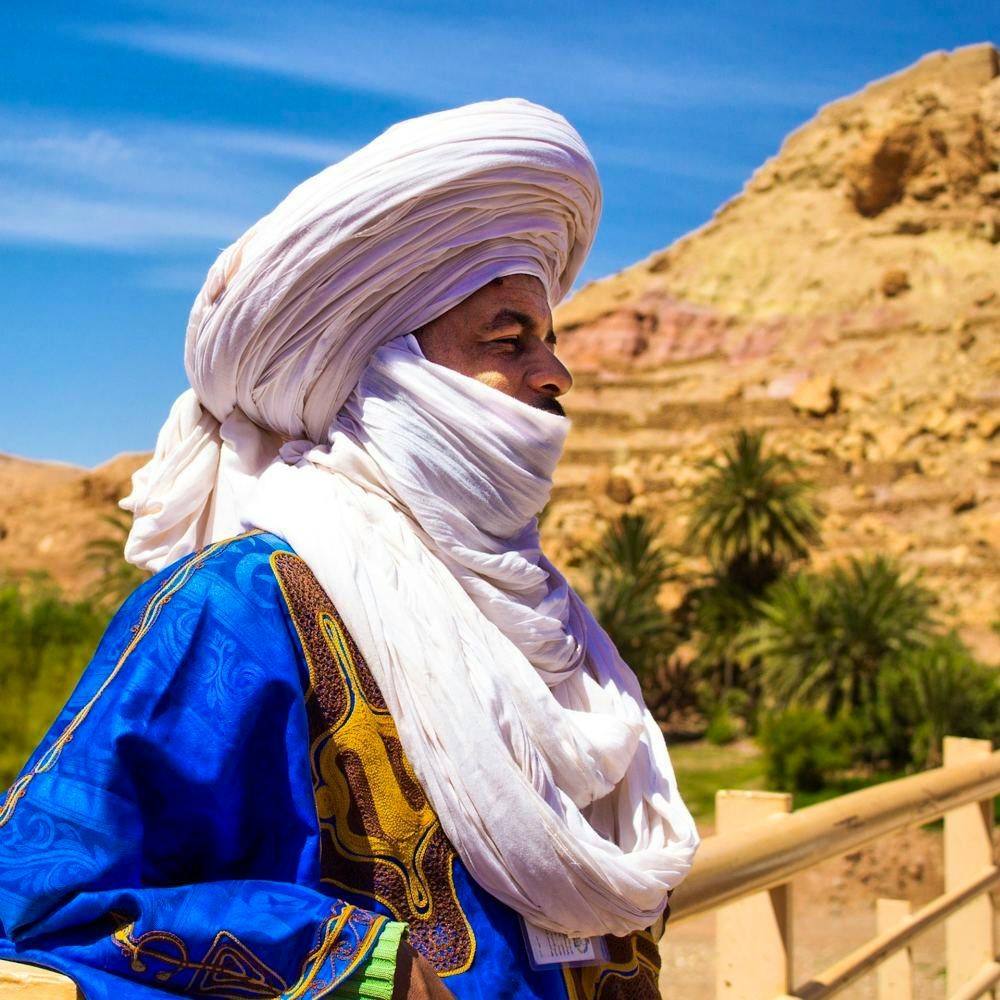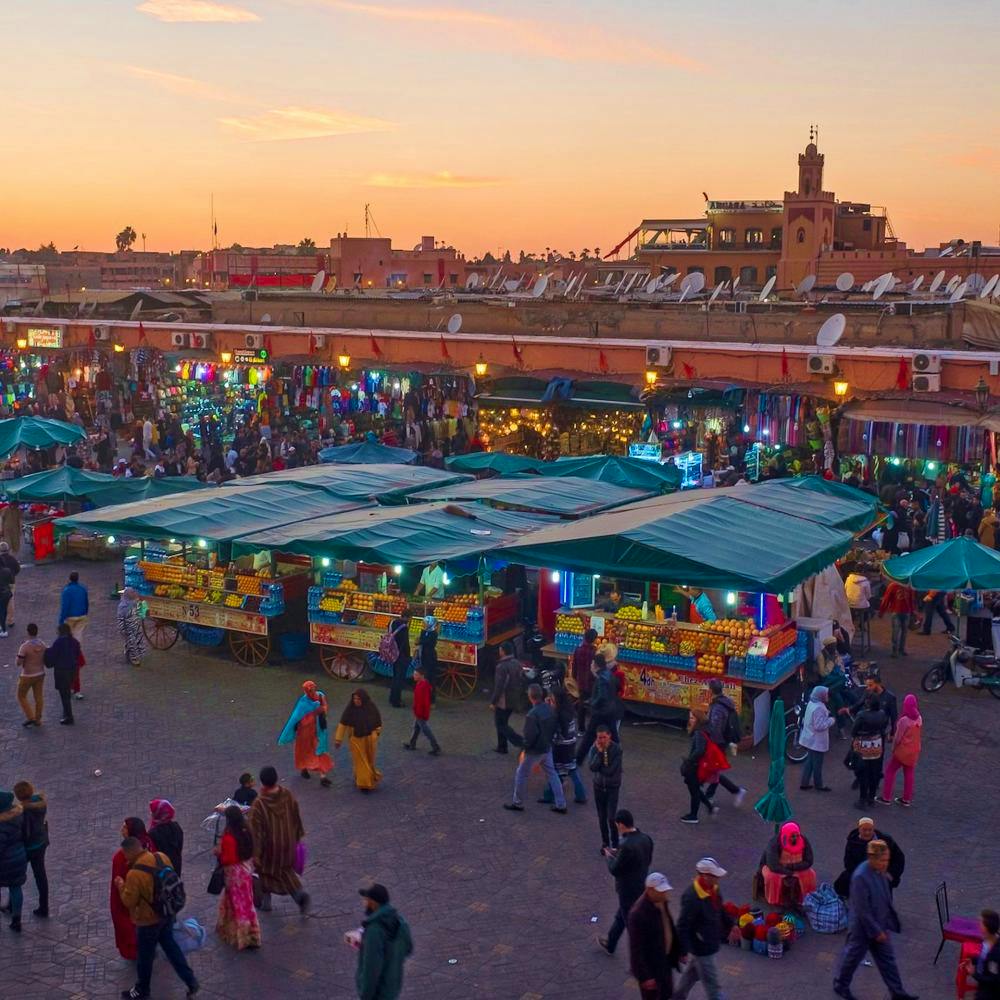Curious about Morocco LGTB travel? Morocco offers a blend of rich history, stunning landscapes, and vibrant culture. However, as an Islamic country, Morocco is unfortunately not very understanding of same-sex relationships and the LGBT community.
However, this doesn't mean you shouldn't visit. It just puts a complicated spin on your trip and will unfortunately require extra caution.
LGBT travellers must be aware of the local laws and attitudes that could impact their journey. Let’s delve into everything you need to know to navigate Morocco safely and enjoyably.
Navigating the Intricacies of LGBT Travel in Morocco
Let’s explore the essential insights you need to navigate the intricacies of LGBT travel in Morocco, from understanding local laws to embracing cultural nuances.
Same-sex activity is illegal in Morocco under Article 489 of the Penal Code. The penalties for engaging in same-sex relations can range from six months to three years in prison, along with potential fines.
Recent cases have brought attention to the enforcement of these laws. For instance, in 2016,
two teenage Moroccan girls were detained after a photo of them kissing in Marrakech was given to the police. Although they were ultimately acquitted, the incident is a stark reminder of the risks involved.
It’s worth noting that while the law is rarely enforced against tourists, discretion is strongly advised. Even public displays of affection, like holding hands or kissing, could lead to arrest, regardless of your nationality.
By being aware of the legal landscape, you can take steps to ensure your safety while exploring the many wonders Morocco has to offer.
Public Attitudes and Safety Concerns
While Morocco is known for its warm hospitality, it’s essential to be cautious as the general public’s views on LGBT issues can be conservative.
Influenced by religious beliefs and traditional values, attitudes towards the LGBT community range from confusion to open hostility.
Instances of hostility or violence are not uncommon. Physical altercations have been reported, especially for travellers with non-conventional gender expressions.
It’s crucial to be aware that even if you’re not actively persecuted as a foreigner, the risk of harassment or violence exists.
That said, Morocco’s conservative culture means that public displays of affection are generally frowned upon for couples of any orientation. This can offer a layer of protection as long as you remain discreet and respectful of local customs.

Latest Deals
Discover trips on sale on Skyhook. Book once-in-a-lifetime adventures at discounted prices.
Morocco has a rich and diverse history that once included a more open attitude towards sexuality.
In ancient times, the country was known for its progressive views, influenced by various cultures and religions that passed through its lands. However, this openness has shifted over the years, primarily due to the rise of conservative Islamic beliefs.
Religion plays a significant role in shaping public opinion and laws in Morocco. The country is predominantly Muslim, and traditional Islamic teachings strongly influence societal norms and values. This has led to a more conservative stance on LGBT issues, which are often viewed through the lens of religious doctrine.
Understanding the cultural context is crucial for LGBT travellers. While Morocco offers many experiences, from bustling markets to serene landscapes, navigating its cultural complexities with sensitivity and awareness is essential for a safe adventure.
While the country offers a plethora of adventures, from
camel trekking in the Morocco desert to hiking in Marrakech, it’s crucial to prioritise your safety. Here are some tips to help you explore Morocco without compromising your well-being:
Be discreet: Avoid public displays of affection, as even holding hands can attract unwanted attention and potentially lead to legal issues.
Know the law: Familiarise yourself with local laws and penalties related to LGBT activities. Knowledge is your first line of defence.
Connect with locals carefully: While exploring the local queer culture might be tempting, doing so can pose risks to you and local residents.
Choose accommodations wisely: Opt for LGBT-friendly or foreign-owned accommodations where the staff is more likely to be understanding and discreet. This will be more difficult when looking for accommodation in the Atlas Mountains and other more rural regions.
Travel in groups: There’s safety in numbers. Consider travelling with a group or at least informing someone you trust about your whereabouts.
Consult reliable resources: Before your trip, check websites or forums that offer up-to-date advice and information for LGBT travellers in Morocco.
By taking these precautions, you can focus more on enjoying Morocco’s rich culture and stunning landscapes.
Local LGBT Organizations and Resources
While LGBT rights in Morocco have a long way to go, organisations are working to improve the situation. Groups like Aswat Collective and Kif-Kif strive to create a more inclusive environment. However, they often operate discreetly due to societal pressures.
For further reading or assistance, websites like
Equaldex and
ILGA provide up-to-date information on LGBT rights in Morocco. They can serve as valuable resources for travellers.
Embarking on a
Morocco adventure offers a unique blend of cultural richness and stunning landscapes. However, for LGBT travellers, it’s essential to navigate this beautiful country with an understanding of its legal and societal complexities. You can explore Morocco’s wonders with the correct information and precautions while prioritising your safety.

















